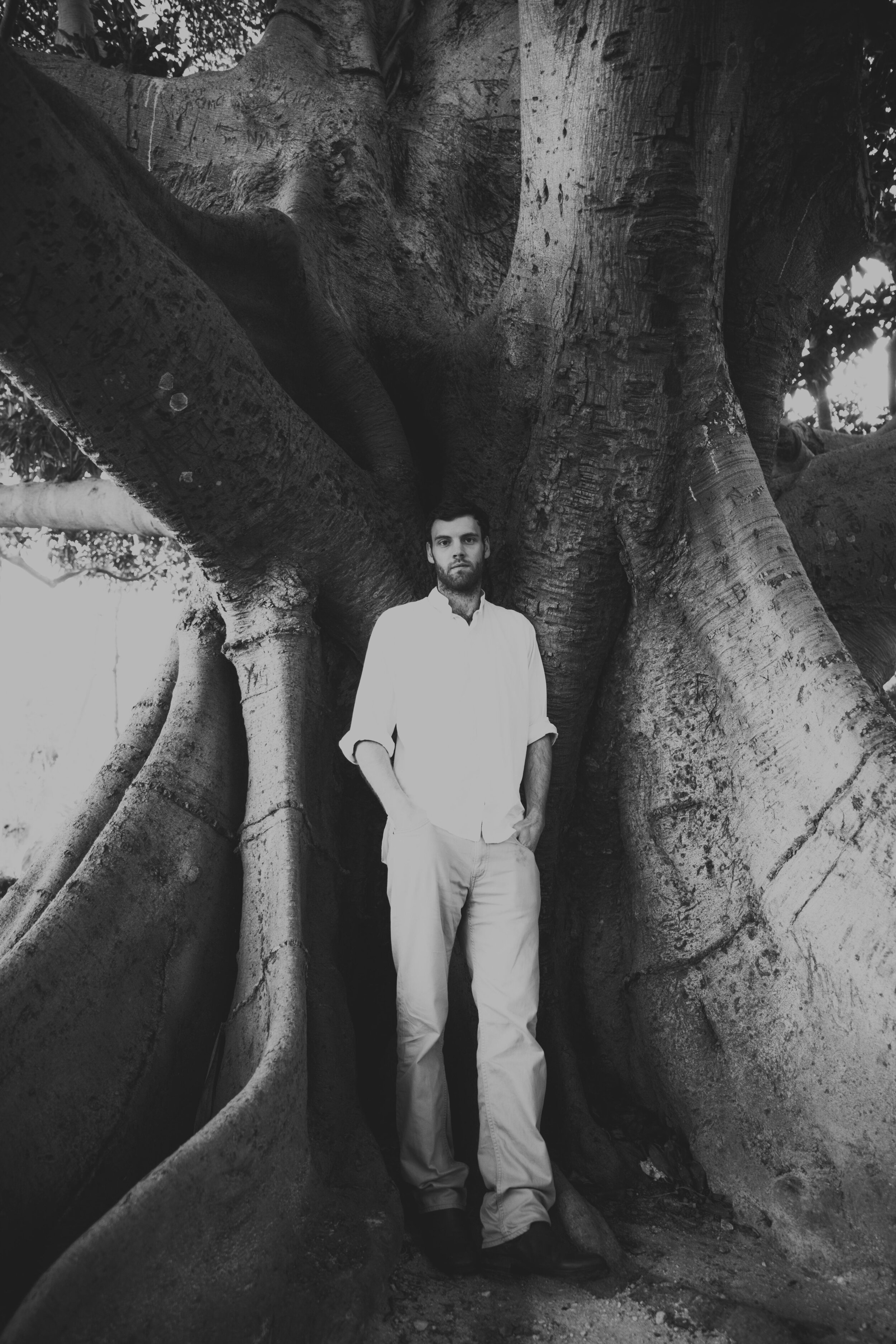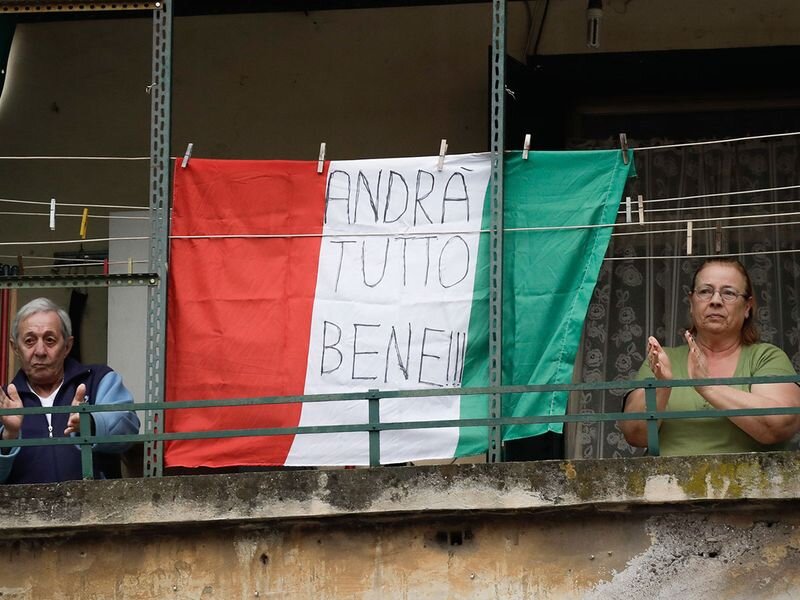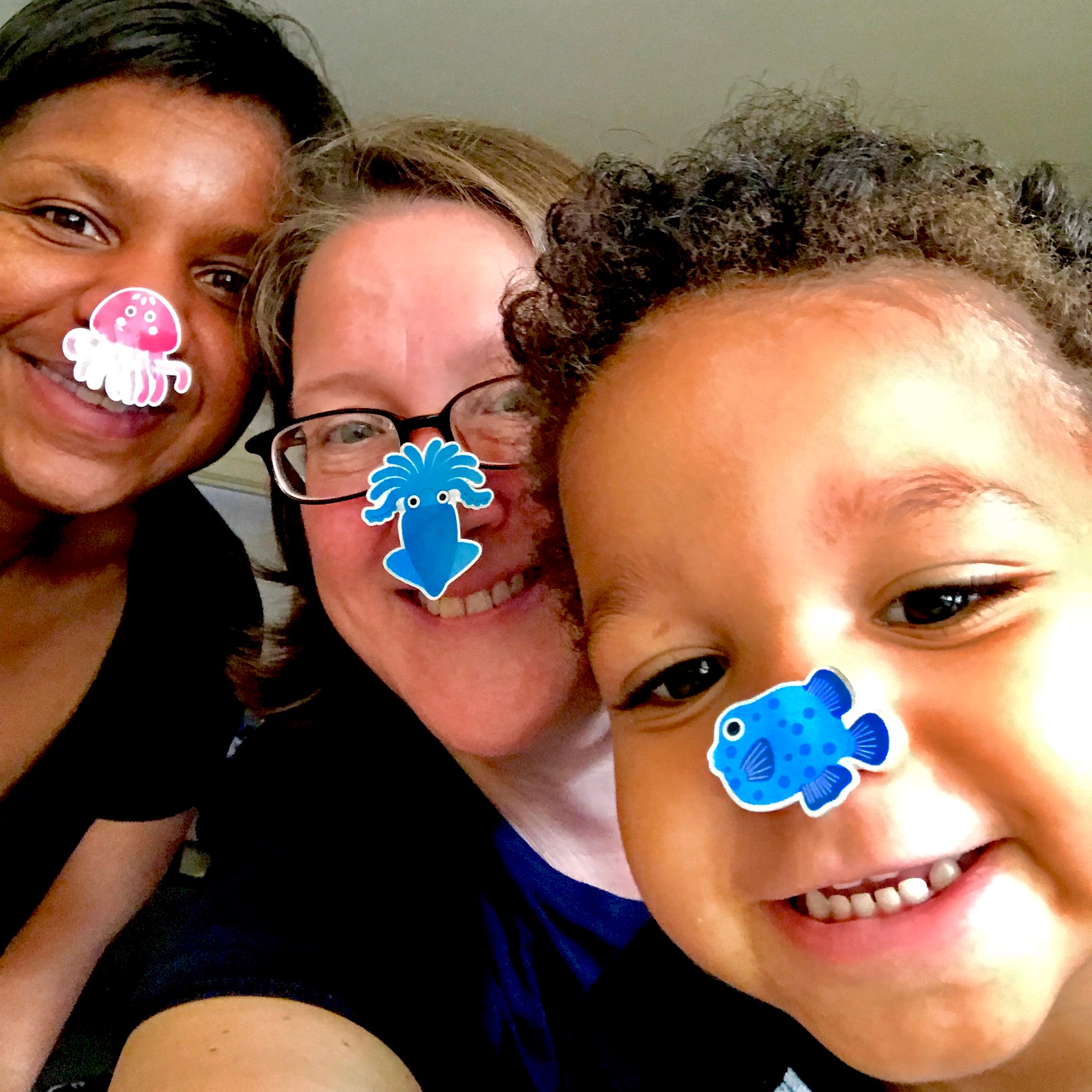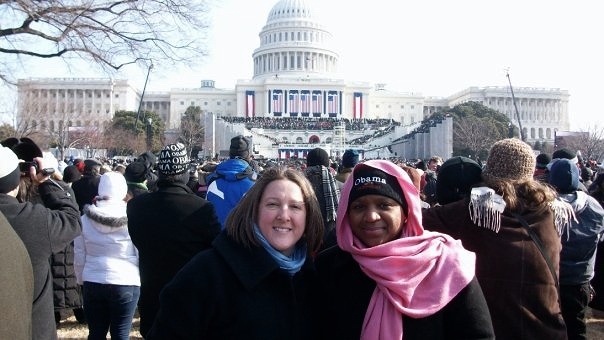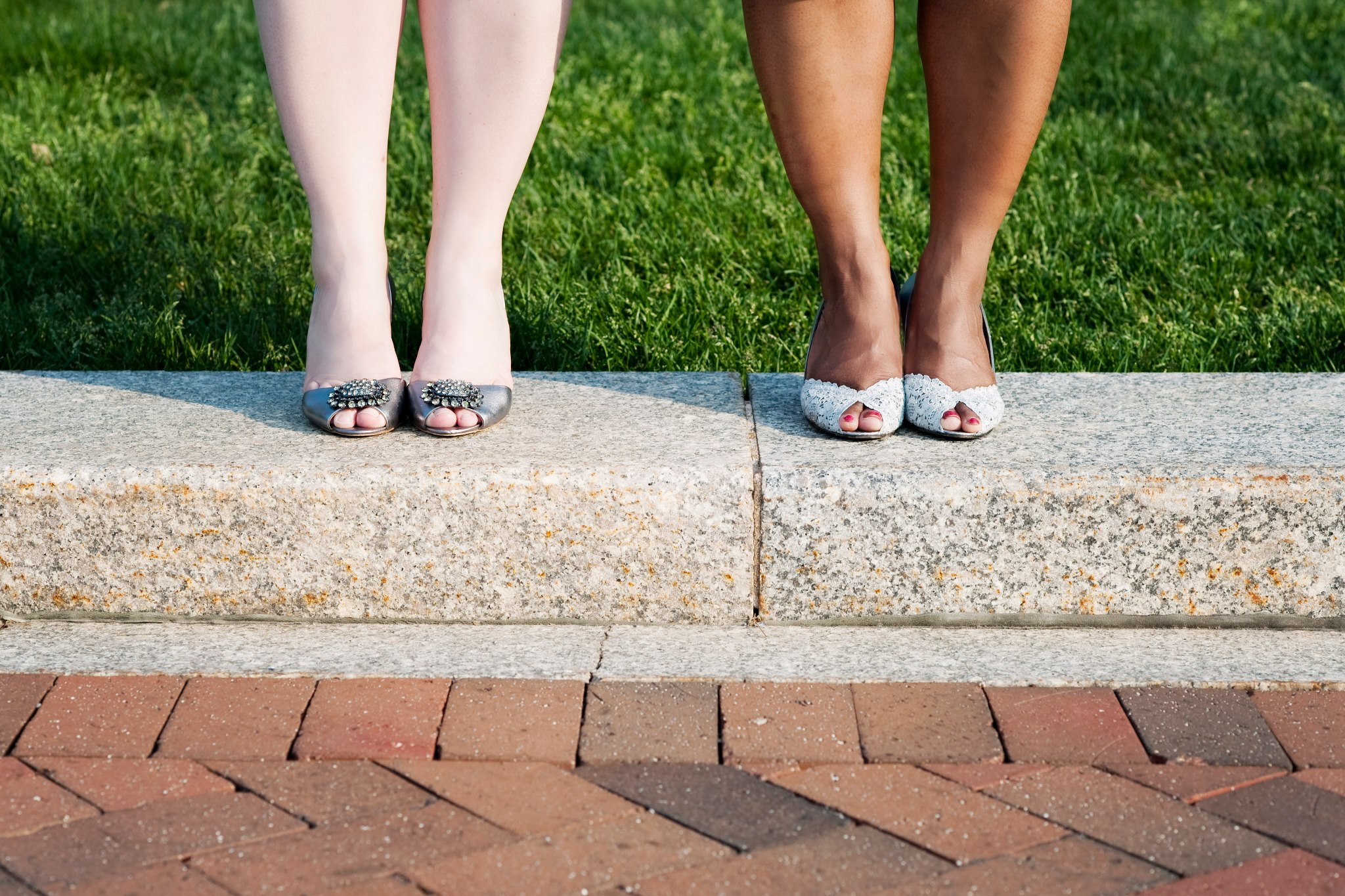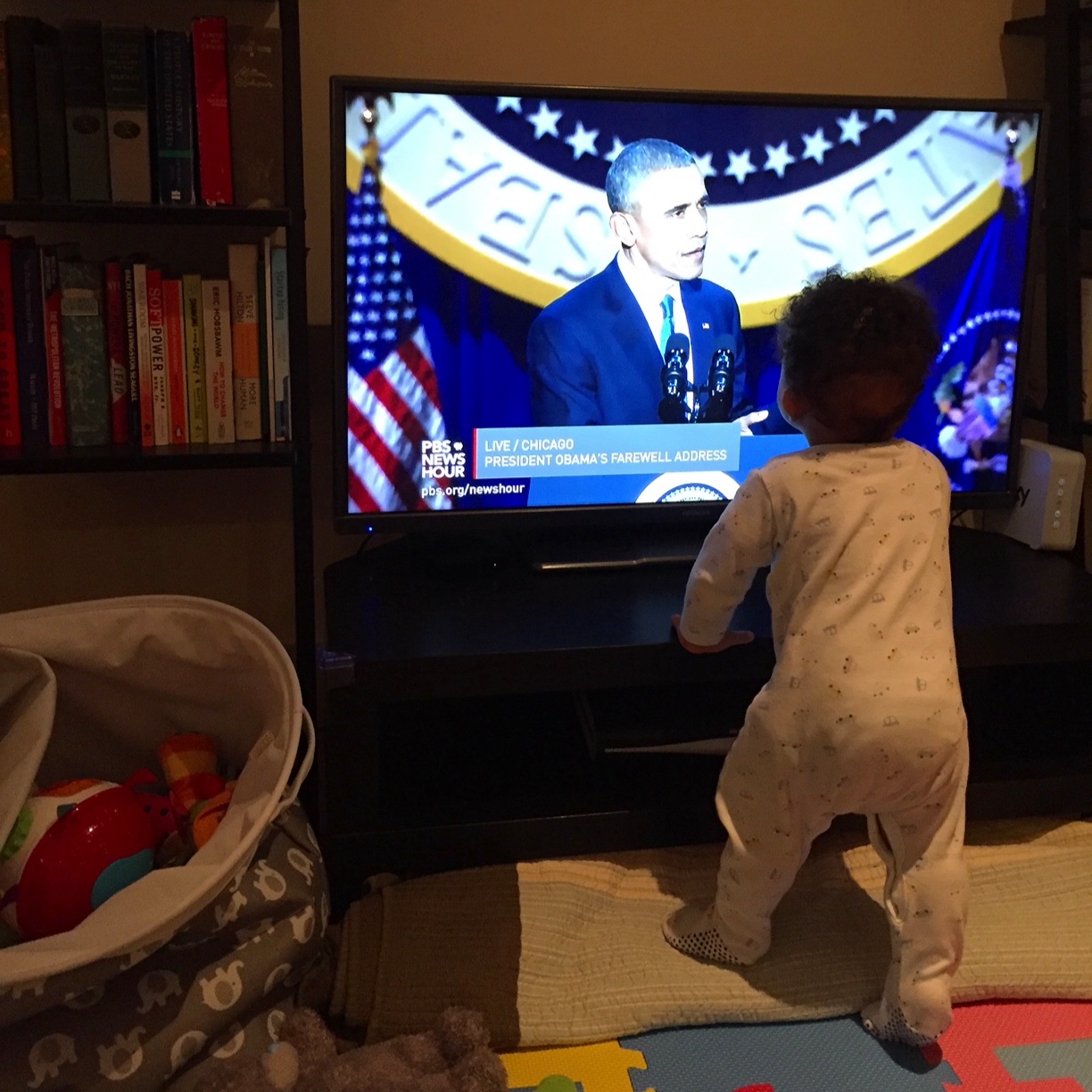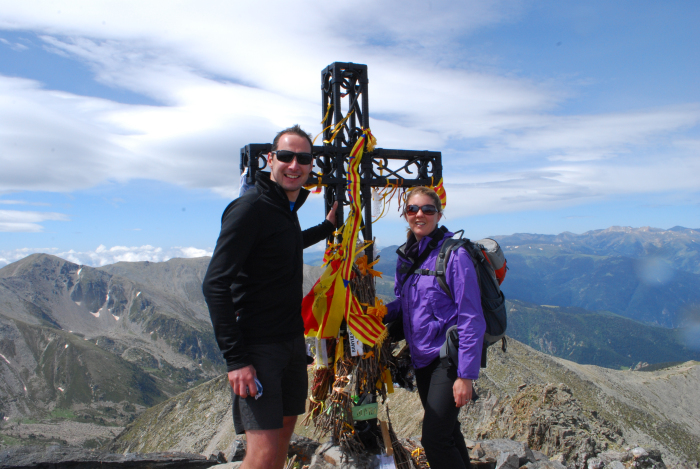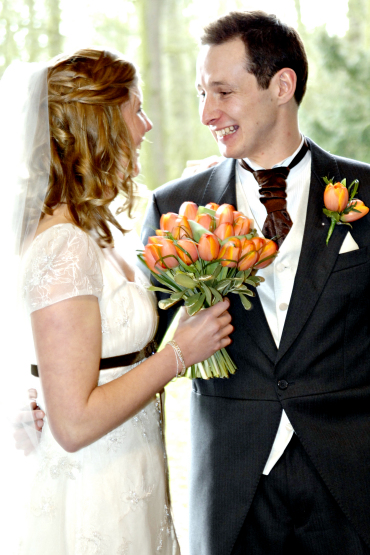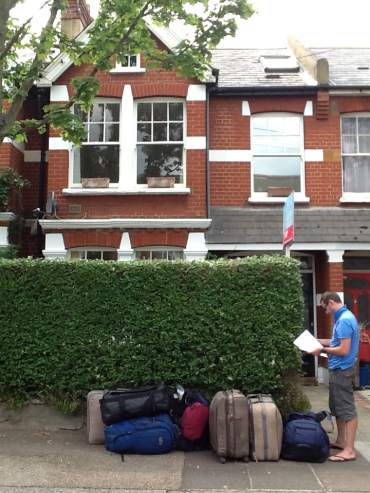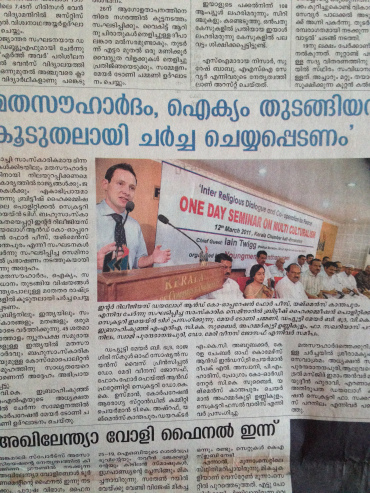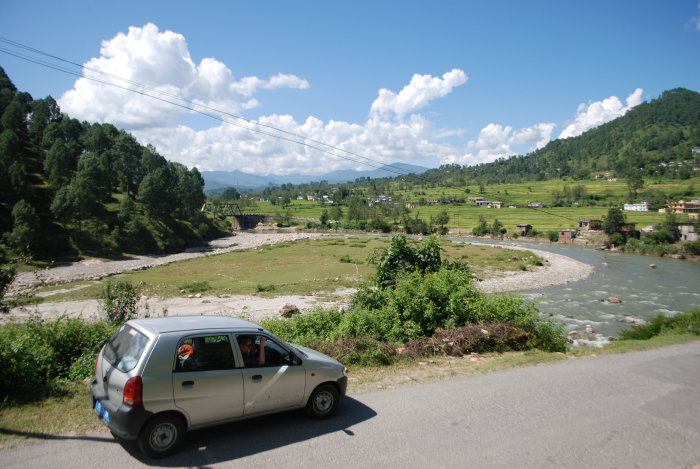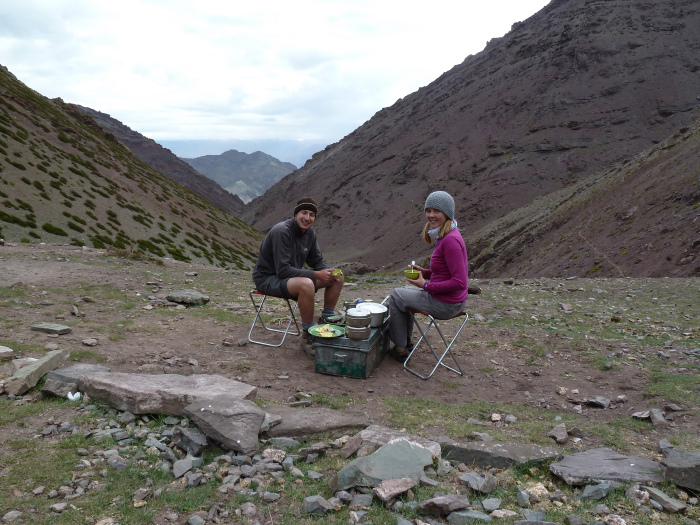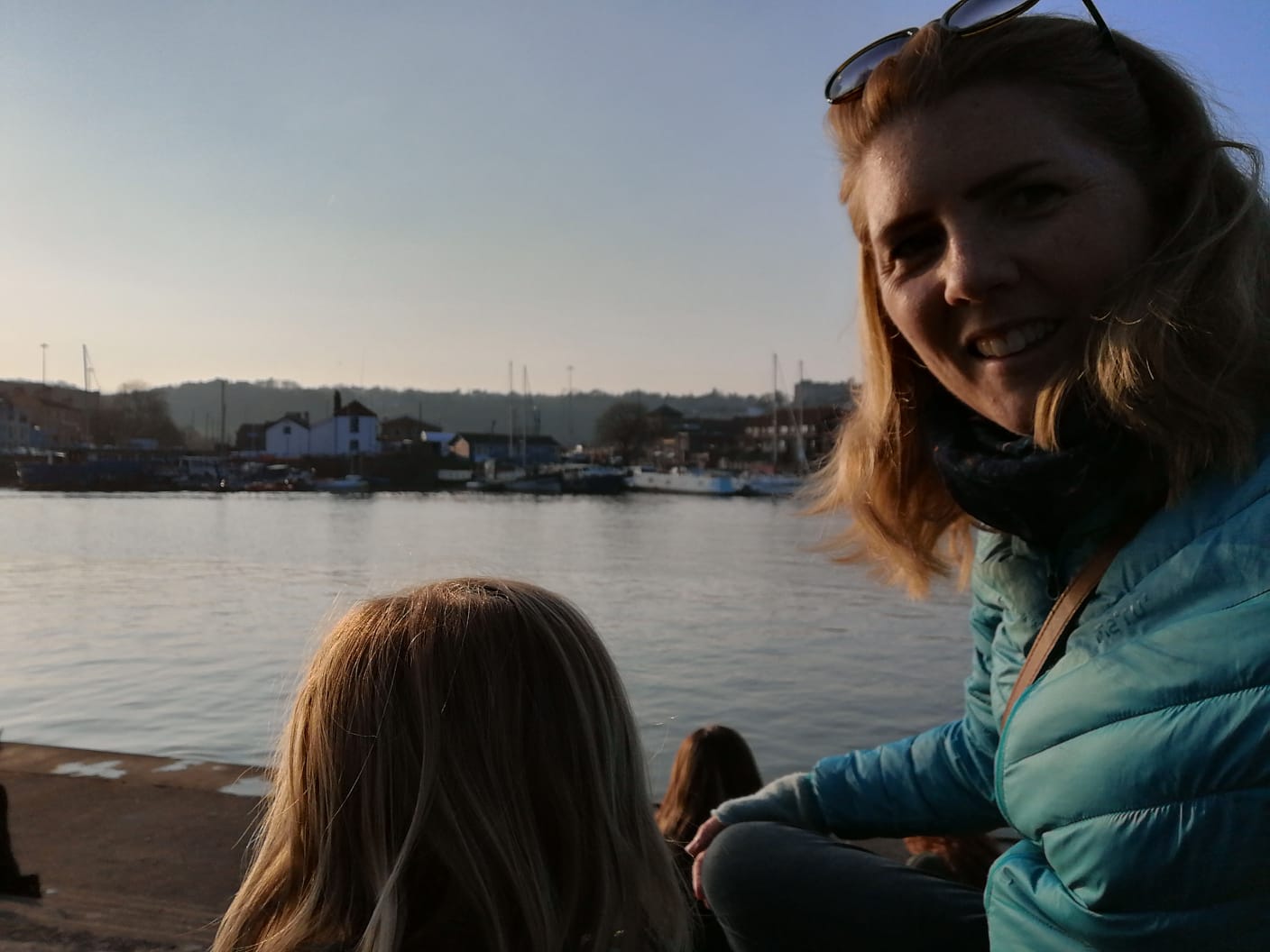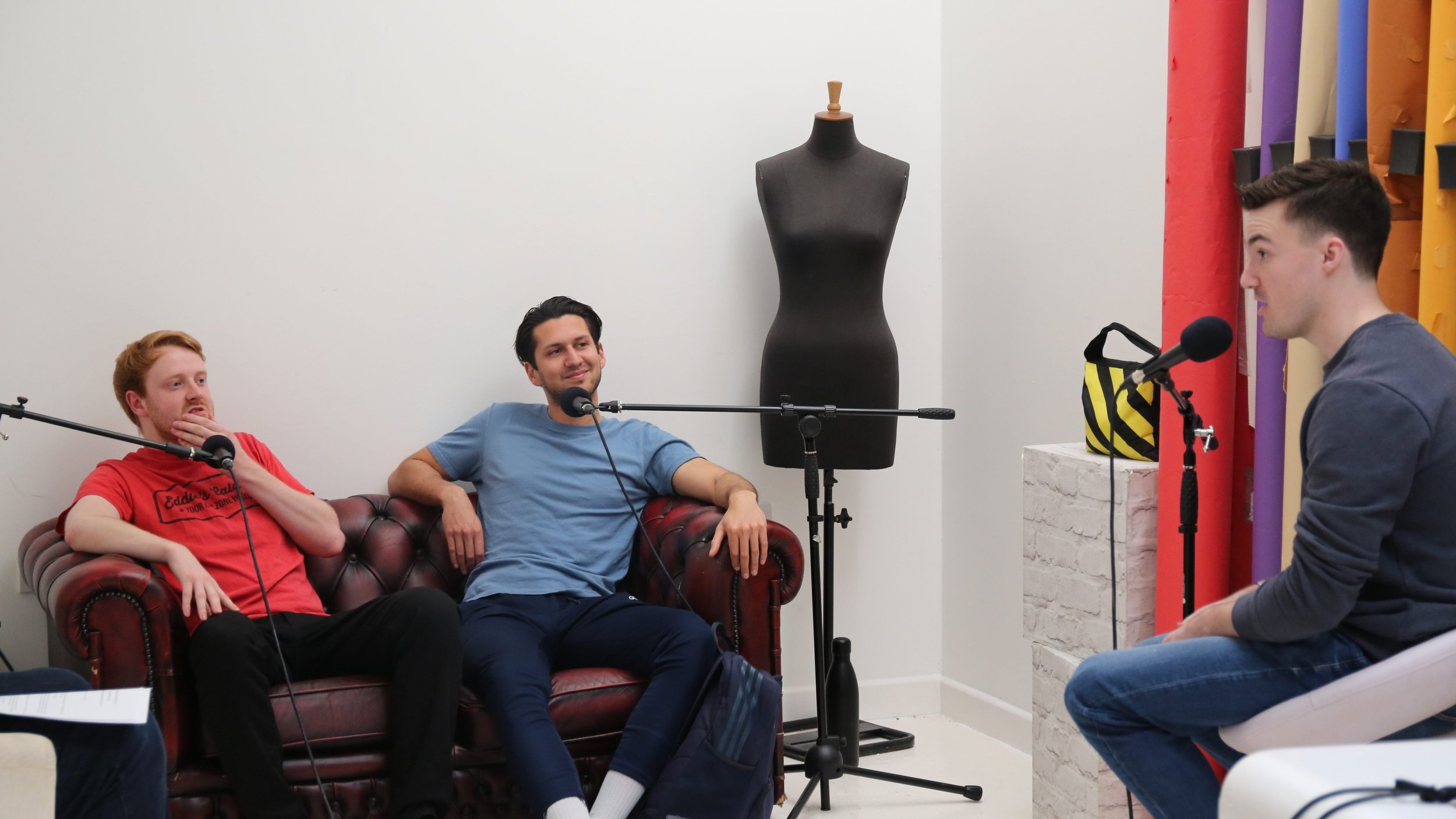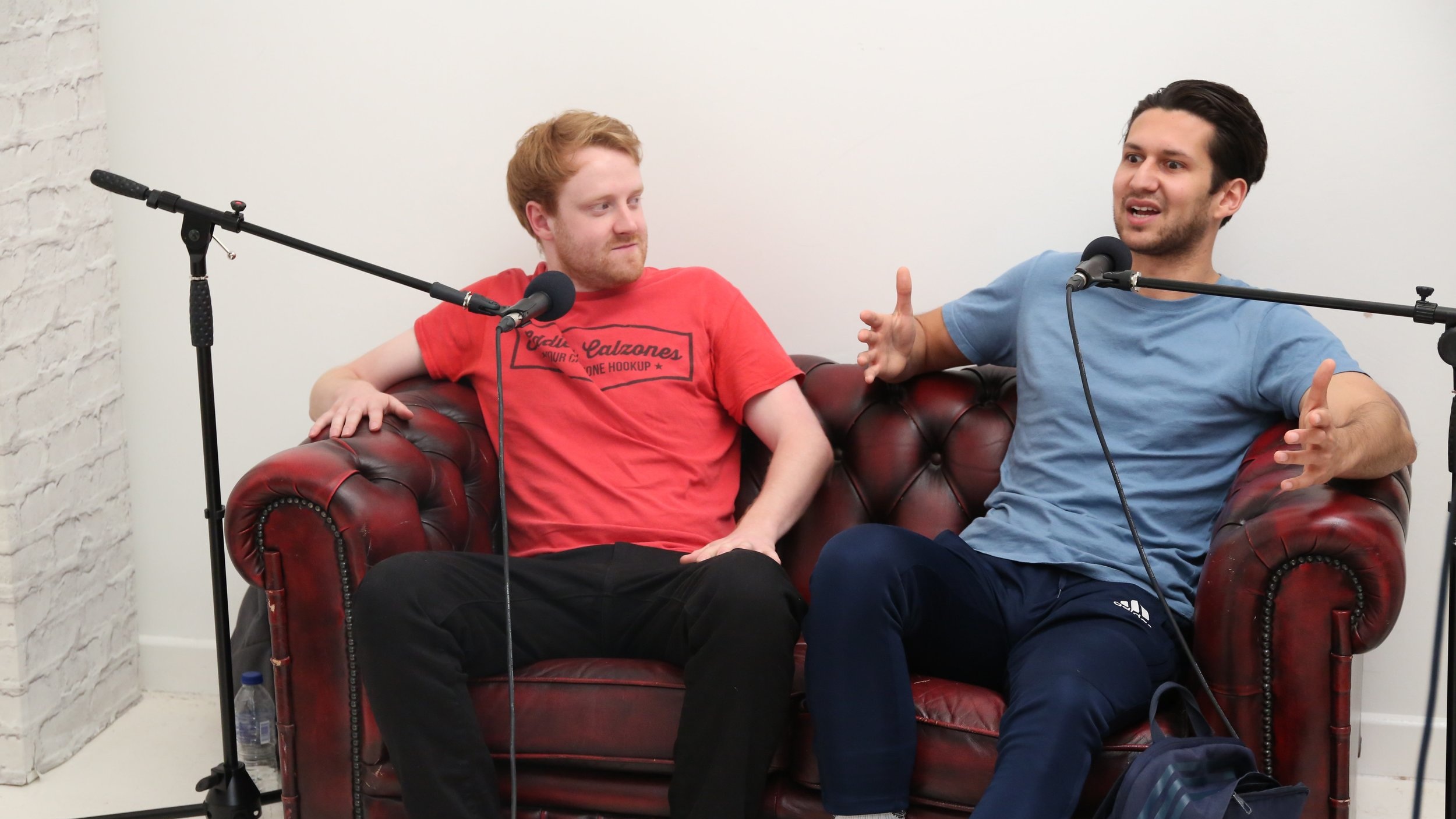What is happening to the soul of America?
It’s a question the whole world is asking as Americans start voting in the most bizarre general election in their history.
Yet regardless of who wins the 2020 Presidential race, it’s clear that something is going horribly wrong in the world’s oldest democracy. Tempting as it may be to blame America’s sickness exclusively on Donald Trump, to do so would be naive.
Trumpism is a symptom of a disease that’s ravaged America’s body politic for generations.
In this episode we meet the American author and political commentator, Jared Yates Sexton to discuss his new book “American Rule: How A Nation Conquered The World But Failed Its People”.
We explore the myth of American exceptionalism, and how white identity, evangelical Christianity, and paranoid conspiracy theories are weaponised in American politics.
SHOW NOTES
If you’d like to do some further exploring of the themes that we cover in this episode, below are some links you may find helpful.
The two books by Jared Yates Sexton that are mentioned in this episode are “The People Are Going To Rise Like Waters Upon Your Shore: A Story of American Rage”, which chronicles Jared’s experience of covering Donald Trump’s Presidential campaign in 2016. His most recent book, “American Rule: How a Nation Conquered the World But Failed It’s People” explores the myth of American exceptionalism, white identity, and evangelical Christianity as a powerful political tool.
Reply All is a podcast about the internet, but in many ways it’s a show about making sense of modern life, and how to survive it! They’ve recently done two episodes dedicated to Q Anon: episode #165 (The Mold and the Beautiful) and episode #166 (Country of Liars) which explores who’s behind QAnon.
Rabbit Hole is an 8-part podcast series produced by the NYT tech columnist, Kevin Roose. The show explores how the internet is affecting us and what can happen when we move our lives online. It doesn’t look exclusively at Q Anon per se but the wider digital environment, and how You Tube in particular has been directing people to extremist content for years.
If you’d like to understand more about the Satanic panic of the 1980s, Gimlet Media has produced a brilliant podcast series called Conviction: American Panic. Conviction tells the story John Quinney who grew up in the 1980s and at the age of 10 falsely accused his own father of being the leader of an underground satanic cult that was sacrificing babies and sexually abusing children. What John’s family didn’t realise at the time was that right across America there were hundreds of families being swept up in this religious panic, and by the time it subsided scores of people were in jail on little to no evidence. It’s one of the most bizarre chapters in American judicial history, but it’s also very relevant to today’s satanic hysteria and the cult of QAnon.
NPR’s regular podcast ‘Throughline’ explores stories from history that have a modern day resonance, and two recent episodes are particularly relevant to this episode; Conspiracy, which delves into how and why conspiracy theories are fundamental to American life, and how they’re so easily manipulated by political opportunists; and The Evangelical Vote which looks at what it means to be an evangelical Christian in America today and how evangelicals have become a powerful electoral bloc in US politics.
Throughline has also just started a new series called “(mis)Representative Democracy” which unpacks some of the myths and popular assumptions about American democracy. The first episode tells the not-so-democratic history of how and why America’s Electoral College was created - the body that elects the President of the USA and which you’re likely to hear a lot more about over the coming weeks and months.
The long history of white supremacism and systemic racism in American comes up several times in this episode, although we didn’t have time to explore it in depth. Scene On Radio, produced by the Centre for Documentary Studies at Duke University, is a Peabody-nominated podcast hosted by veteran broadcaster John Biewen. He recently produced and co-presented a 14-part series called ‘Seeing White’ which explores what’s happening in mainstream white identity in America (not the KKK and neo-Nazis) and how the idea of whiteness has evolved over the centuries. The series also has a study guide and fully referenced bibliography for further reading and listening.
More recently, Scene On Radio produced a 12-part series earlier this year called “The Land That Never Has Been Yet”. It tells the less well known story of democracy in America going right back to the beginning of the republic. It looks at authoritarianism, voter suppression, gerrymandering, foreign intervention and the role of money in America’s elections.
***FOLLOW THE SHOW***
You can subscribe to Standing Places on iTunes, Google Podcasts and Spotify and please rate, review and share the show so that more people can hear about it. You can also like and follow the Facebook page.





